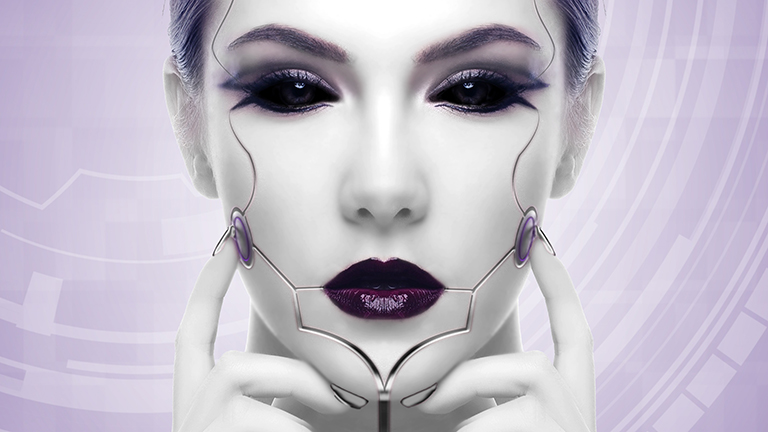
18.04.2018Behaviour without responsibility – is an artificial intelligence able to act morally?
Lukas Brand (Mag.-Theol.), Interdisciplinary Questions of Philosophy and Theology, Department of Catholic Theology, Ruhr-Universität Bochum
Artificial intelligence (AI) already determines our everyday life. It is hidden in our phones, Amazon, Netflix and Google – it recognises cancerous cells and beats humans in chess and poker. For quite some time AI has been advanced enough to steer a car safely through traffic. We increasingly transfer autonomy to artificially intelligent machines; this in turn increases the probability that those artificial agents will have to solve moral problems. How can we develop AI systems, capable of autonomously solving moral questions? Which ethical theory can be applied to artificial agents? And what is the role of the attempt to simulate human behaviour by means of an artificial brain?
